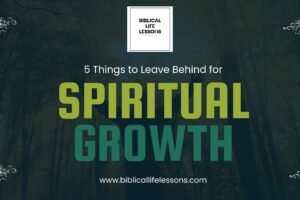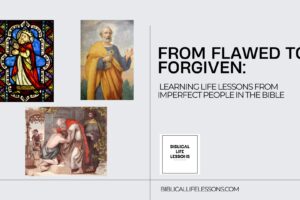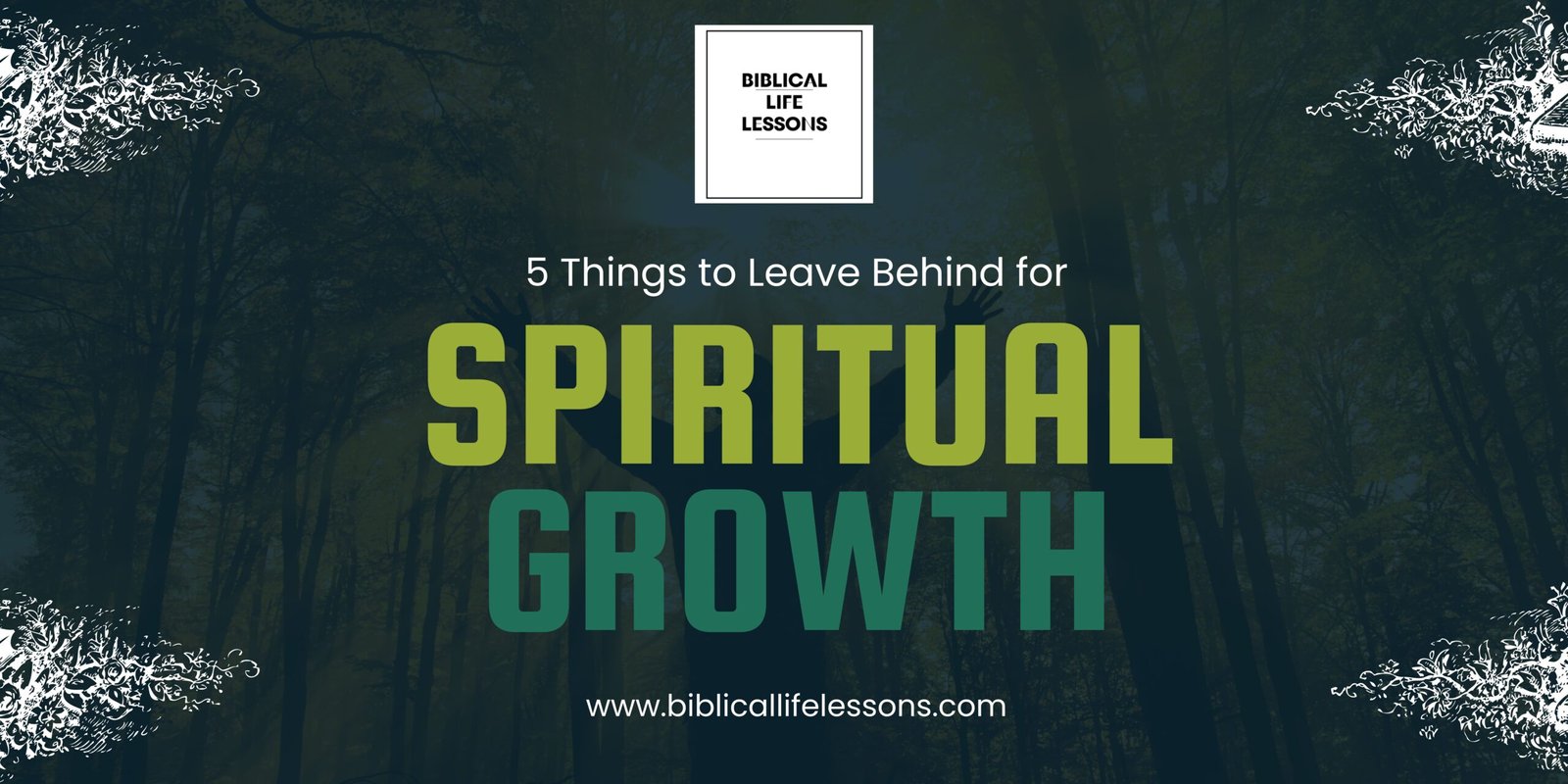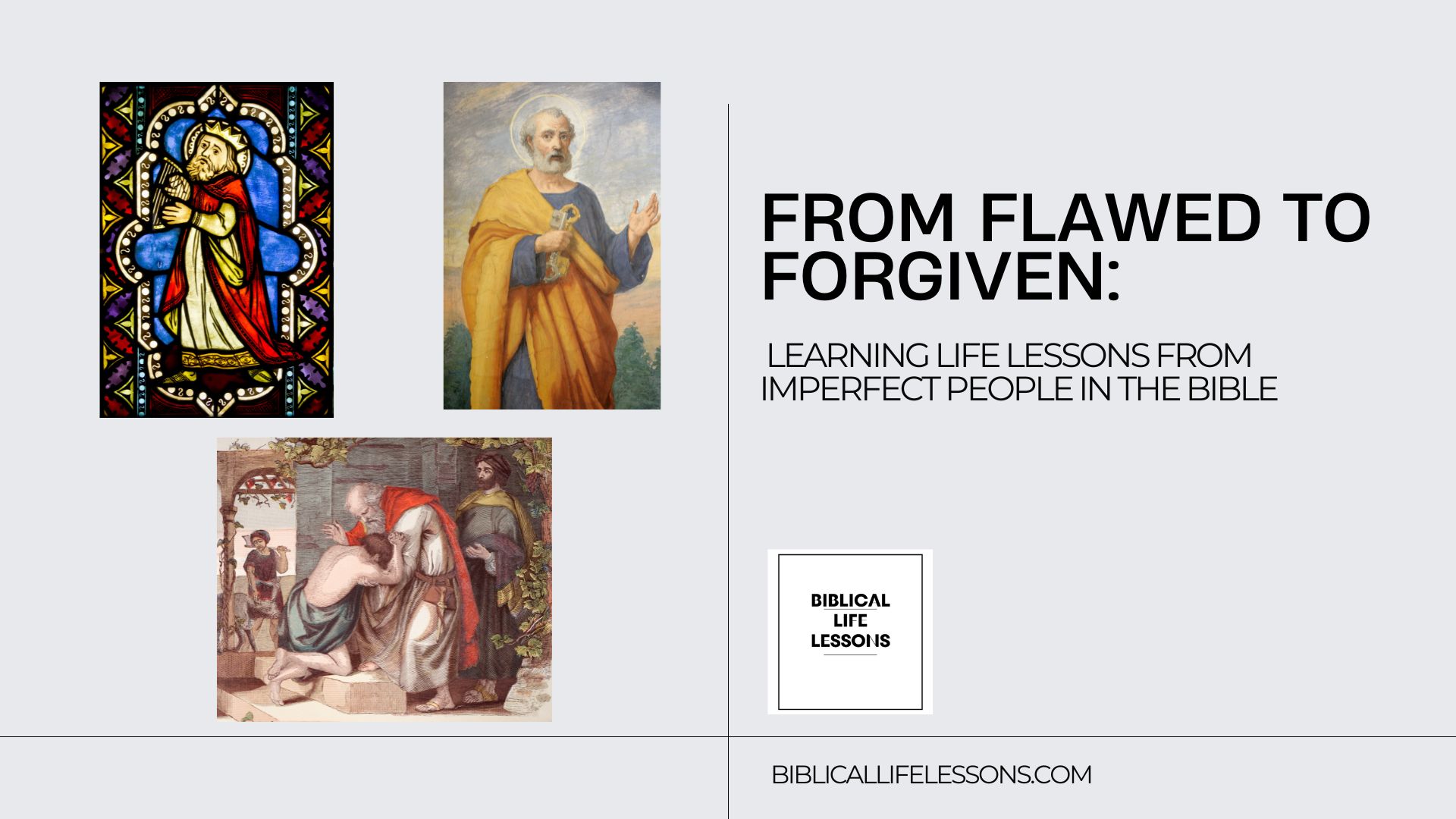The biblical account of Abraham and Lot, found in the Book of Genesis, presents a compelling narrative that explores the contrasting responses of two relatives faced with the allure of worldly prosperity. This story, rooted in the early chapters of Genesis, not only reveals the character of these two individuals but also imparts timeless lessons on navigating the temptations of the material world.
Abraham: Faithful Trust and Prioritizing God’s Will
Abraham, known as the “Father of Faith,” emerges as a central figure in this narrative. When confronted with the challenge of parting ways with his nephew Lot due to their expanding flocks and herds, Abraham’s response is marked by faith and selflessness. Recognizing the need for a peaceful separation to avoid strife between their herdsmen, Abraham generously gives Lot the choice of the land.
In an exemplary display of faith and trust in God, Abraham prioritizes harmony over personal gain. His posture reflects a deep conviction that God’s providence will guide and bless him regardless of the land he occupies. Abraham’s willingness to yield and his trust in God’s plan become foundational aspects of his legacy.
Lot: Yielding to Temporal Desires and Consequences
Conversely, Lot’s decision is influenced by the immediate appeal of prosperity. Surveying the fertile plain of the Jordan, Lot opts for the well-watered and seemingly prosperous region, choosing material abundance over spiritual considerations. The allure of wealth and comfort becomes a defining factor in Lot’s decision-making process.
However, this choice comes with unforeseen consequences. The apparent prosperity of the Jordan plain conceals inherent dangers, as it places Lot in proximity to the sinful cities of Sodom and Gomorrah. Lot’s decision to dwell near these morally corrupt cities exposes him and his family to the moral decay and eventual divine judgment that befalls the region.
Lessons Learned: Prioritizing Faith over Immediate Gains
The contrasting responses of Abraham and Lot offer profound lessons for individuals navigating the complexities of worldly temptations. Abraham’s faith-driven decisions underscore the importance of prioritizing God’s will and trusting in divine providence, even when faced with uncertainties. His selfless approach becomes a model for those seeking a higher, eternal perspective.
Conversely, Lot’s story serves as a cautionary tale about the perils of prioritizing immediate gains and worldly comforts without considering the potential moral and spiritual consequences. It highlights the need for discernment and a commitment to values that align with God’s principles.
In conclusion, the narrative of Abraham and Lot provides valuable insights into the dynamics of decision-making when confronted with worldly temptations. It encourages individuals to emulate Abraham’s faith-filled trust in God’s guidance and to consider the broader spiritual implications of their choices, recognizing that true prosperity lies in aligning one’s life with God’s purposes.











